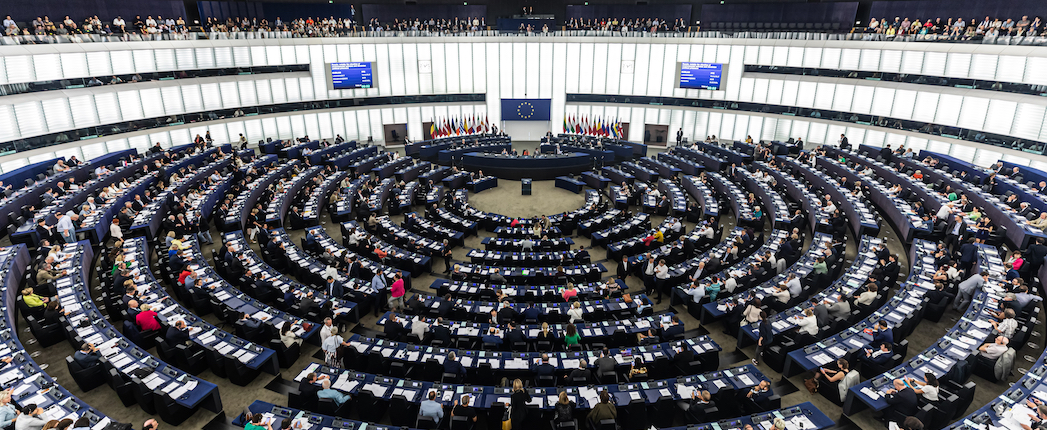
The European Council and European Parliament reached a provisional agreement Monday to not make major changes to passenger car engine emissions limits in the upcoming Euro 7 standard.
That resolution may avoid creating new emissions-related performance requirements for crankcase oils lubricating light-duty internal combustion engines.
The handshake between part of the European Union’s executive (the Council) and member state representatives (the Parliament) would further tighten emissions caps for heavy-duty trucks and buses.
The auto industry hailed the agreement as a practical solution that avoids weighing down an industry that is striving to convert to electric vehicles – without much environmental benefit. Watchdog groups complained that the governing bodies missed an opportunity to improve protections for human health.
“Through this deal, we have successfully struck a balance between environmental goals and the vital interests of manufacturers,” Czechia representative Alexandr Vondra said in a news release by the Parliament. “The aim of the negotiations was to ensure the affordability of new smaller cars with internal combustion engines for domestic customers and at the same time enable the automotive industry to prepare for the expected overall transformation of the sector. The European Union will now also be addressing emissions from brakes and tires and ensure higher battery durability.”
The Council and Parliament still need to formally approve the legislation. The parts affecting cars and vans would take effect 30 months later, while those involving trucks and buses would take four years to implement.
The EU has already resolved to require to prohibit sales of new cars powered solely by internal combustion engines beginning in 2035. The Euro 7 emissions standard is intended to regulate internal combustion engines until that time. The Council entertained proposals to significantly ratchet controls on pollutants such as nitrous oxides, which according to proponents would prevent lung-related maladies and deaths.
But the auto industry pushed back hard, warning that tighter regulations on internal combustion engines now would have minimal effect as it transitions away from them but that the costs would be onerous when companies are already burdened by the shift to EVs. Since 1992 the EU has implemented six previous generations of emissions standards for on-road vehicles – standards that have generally been some of the most restrictive in the world and that have served as models for some other regions. By capping generation of pollutants such as smog and nitrous oxides, those regulations lead automakers to equip engines with control technologies that required significant adjustments by engine oil formulators. For example, the industry reduced its use of phosphorus- and sulfur-containing antiwear additives out of concern that they fouled catalysts and filters. Formulators also had to design oils that could accommodate captured soot being stashed in the lubricant.